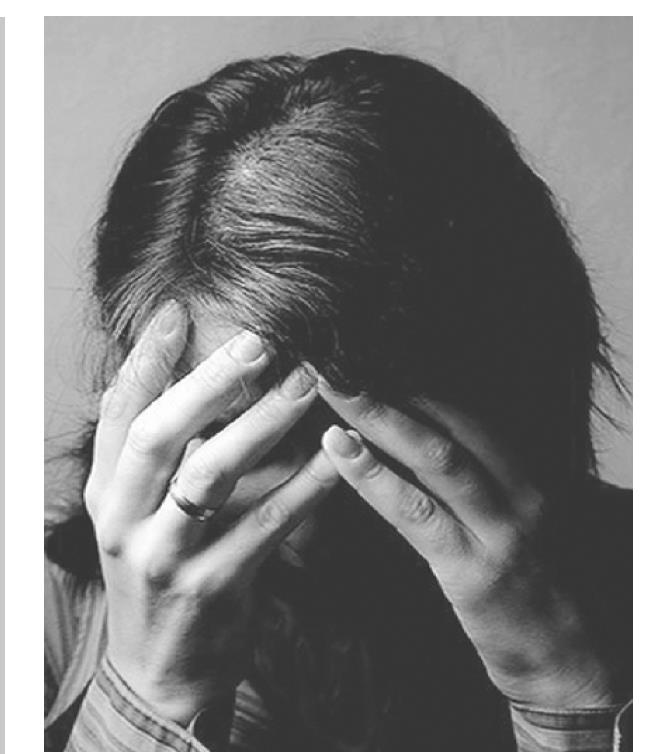Is joint family a boon or a bane?
2024-01-08
THE joint family system has been deeply ingrained in our culture for centuries, and it is often celebrated as a source of strength, unity and support. However, it is essential to recognise that while this system has its merits, it also presents unique challenges, especially when it comes to the wellbeing of children.
Islam, which is the official religion of Pakistan, has greatly emphasised the significance of family, unity and mutual respect, yet it also stresses the importance of individuals` wellbeing and mental health. This raises the question: is the traditional joint family system compatible with the principles ofindividualpsychologicalhealth and wellbeing outlined in the teachings of Islam? Living in a joint family can be both a blessing and a challenge for children.
Onthe one hand,they are exposed to a rich tapestry of relationships, including grandparents, aunts, uncles and cousins, which can provide emotional and social support. On the other hand, the dynamics within a joint family can sometimes lead to conflicts, lack of personalspace,and anincreasedsense of obligation and responsibility.
Children growing up in joint families often experience a lack of privacy and autonomy, which can impact their mental health. They may struggle with personalidentity and self-expression, as they are constantly surrounded by extended family members, who may impose their values and expectations on the children.
Also, the children get trapped in the middle of a negative relationship between their mother and grandmother in a joint family system, and it can beemotionally challenging and confusing.
They may feel a sense of loyalty to both their mother and paternal grandmother, leading to inner conflicts as the mother and the grandmother may consciously or unconsciously try to draw them to their side in inevitable disputes.
This pressure to choose can be overwhelming for the children, as they fear upsetting one or the other. Apart from the grandmother, the sisters-in-law living together under one roof at times do not have good relations,resultingin bitter relations with cousins, and unfair treatment from uncles and aunts.
Furthermore, in the joint family if one family has higher income than the other family, the lower-income family`s children may feel envious of the opportunities and privileges available to their wealthier relatives living under the same roof. This can cause feelings of inferiority, inadequacy and low esteem. Children also start comparing themselves with their cousins in every aspect of their lives, from their toys and schools to cars and other belongings.
This can lead to depression.
Families in Pakistan, fail to realise that it is not necessary for married children to live with their parents to fulfil their rights. There are options that can be exercised to maintain a balance between one`s parents and one`s spouse and children.
Couples can choose to live separately from their parents while keeping proximity, like living in the same neighbourhood, but in different houses. This will also allow them to frequently visit their parents on a regular basis, and help them out like sending food over, taking them for their routine medical check-ups, getting them groceries, and allowing the children to form a close bond with their grandparents.
It is essential that we recognise the potential challenges of the joint family system in Pakistan while acknowledging its definite benefits. Striking a balance between preserving cultural traditions and ensuring the mental health ofchildrenis crucial.
If the parents feel that due to family dynamics or tensions, they must take a stand for separating their household, this may cause them to face a lot of criticism, but in the long run, it is beneficial as the wellbeing of the children is of paramount importance, as they are the foundation ofourfuture generations.
Hafsa Ahmad Karachi




